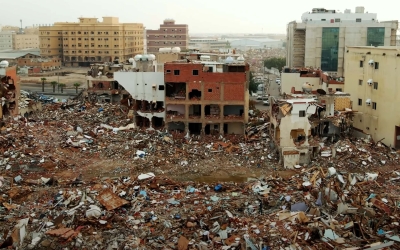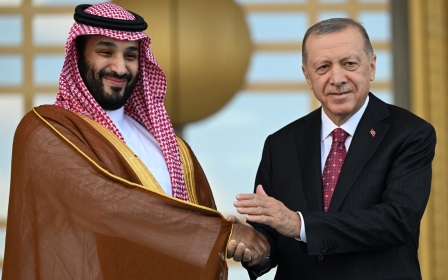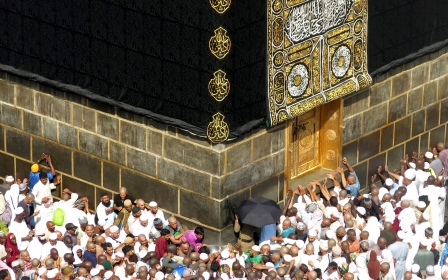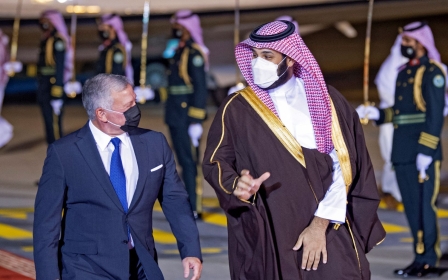Saudi evictions in Jeddah discriminate against foreign nationals, report finds
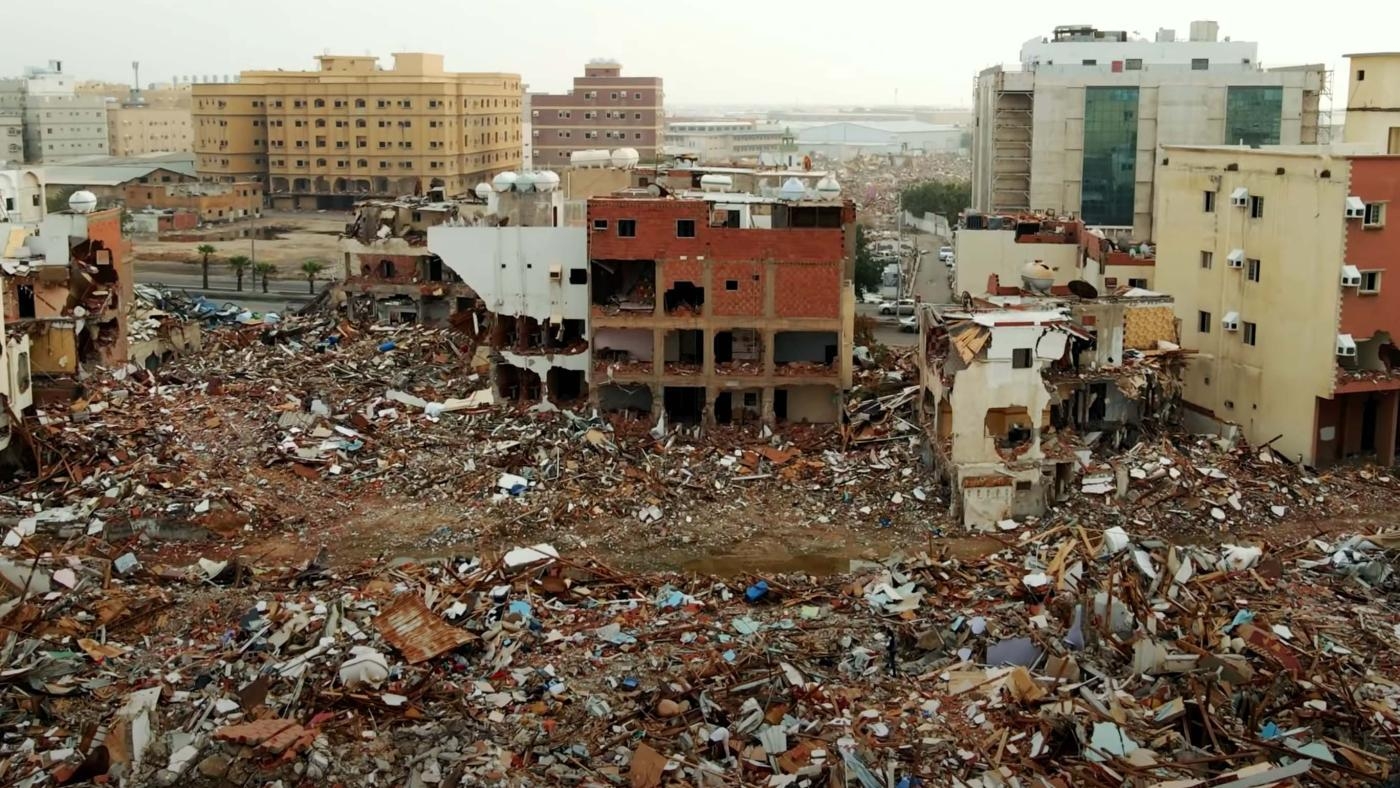
Saudi Arabia’s forced evictions and demolitions in the port city of Jeddah discriminate against foreign nationals and violate international human rights standards, according to a new report by Amnesty International published on Wednesday.
Between the end of 2021 and the start of 2022, Saudi authorities have evicted hundreds of thousands of residents from their homes as part of a wider plan to develop Jeddah.
Over 558,000 residents were affected, Amnesty’s review of municipality documents has found.
While a compensation scheme was announced by the Saudi authorities, it excluded foreign nationals who make up 47 percent of those evicted, according to the rights group.
“Beneath the progressive, glitzy image that Saudi Arabia is trying to present to the world, lie horrid stories of abuses and violations. The world will not be fooled by sham fanfare,” said Diana Semaan, Amnesty International’s acting deputy director for the Middle East and North Africa.
“Not only did they callously kick residents out of their homes without giving them adequate time or compensation to find an alternative home, but they also discriminated against hundreds of thousands of foreign nationals by excluding them from the compensation scheme.”
Residents told Middle East Eye in January that the demolitions took them by surprise and gave them little time to plan their relocation or say goodbye to the neighbourhoods where they had lived for generations.
Some people were forced to lay out their furniture in the open, taking shelter under bridges, according to eyewitness accounts.
A survey by rights group ALQST in April found that the demolitions were mishandled, with over 71 percent of respondents not told that compensation would be available.
Amnesty called on Saudi authorities to offer compensation to all those affected “without discrimination”, in line with the United Nations principles and guidelines on development-based evictions.
That included compensating “citizens and non-citizens, those with or without ownership documents, and tenants,” the report urged.
Jeddah residents 'stigmatised’
Jeddah is the second-largest city in Saudi Arabia and is home to 4.5 million people. It is an important economic hub and the gateway to Mecca for millions of people every year, on their way to performing Hajj, the most important Muslim pilgrimage.
The areas demolished so far are located in south Jeddah, an area viewed by many as the heart and soul of the Red Sea city.
Often left behind by development projects as the city expanded north over the years, south Jeddah was a socially vibrant area made up of mixed ethnic groups who settled there decades ago.
Amnesty’s report noted that Saudi state-aligned media had created a stigmatising narrative about those living in the area, linking them to “disease, crime, drugs, and theft”.
Proposals to remove “slums” were introduced as early as 2007, but did not go through for many reasons, including government reluctance to agitate the local population.
But the current Saudi government, pursuing its sweeping Vision 2030 economic plan, now has Jeddah's southern districts firmly in its sights.
In December, the Public Investment Fund (PIF), chaired by Crown Prince Mohammed bin Salman, announced plans to build "Jeddah Central", a project that aims to create a "world-class destination overlooking the Red Sea" in the city's north.
The project, which will cost around $20bn and be built in the "heart of Jeddah", will include an opera house, a museum, a sports stadium, and an aquarium.
A "world-class marina and stunning beach resorts" will also be built, along with 17,000 residential units and hotels providing more than 2,700 rooms.
Middle East Eye propose une couverture et une analyse indépendantes et incomparables du Moyen-Orient, de l’Afrique du Nord et d’autres régions du monde. Pour en savoir plus sur la reprise de ce contenu et les frais qui s’appliquent, veuillez remplir ce formulaire [en anglais]. Pour en savoir plus sur MEE, cliquez ici [en anglais].


